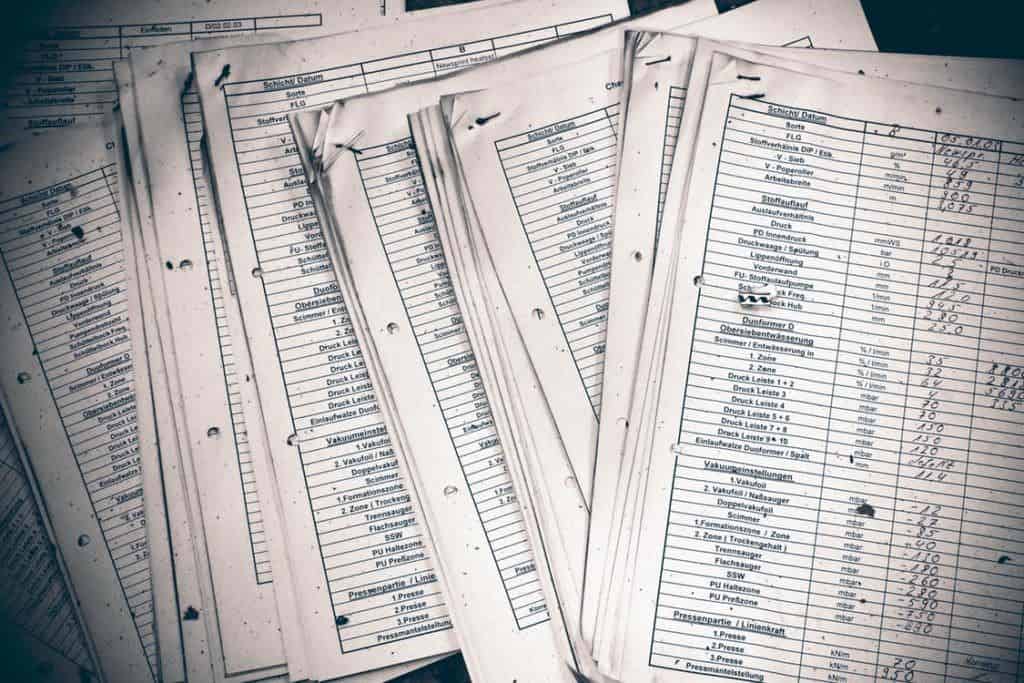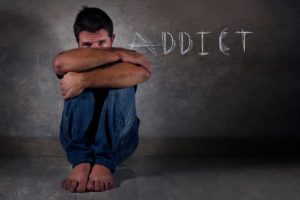Just the idea of ranking addictions in any way can feel like attempting to figure out who is worse a cheater or a thief? But as science and medicine research continues to advance and the nature of addiction becomes clearer and more precisely understood, it becomes possible to rank substances in several ways.
A recent CNN Health article made a top five list of most addictive substances based on known research into the drugs and their effects on behavior and physiology changes that punctuate an addiction. They used multiple criteria to determine their list based on multiple research papers. Among the data points they looked at for their listicle were the harm the drug causes, street value of the drug, its effect on dopamine in the brain, the pleasure a drug gives to its users, the withdrawal symptoms associated with the drug and ‘how easily a person trying the drug will become hooked’.
Their final list was based off a 2007 inquiry of addiction experts by David Nutt, himself a specialist in the field. The results of that inquiry listed the drugs in the following rank of most addictive to least addictive out of all addictive substance:
- Heroin
- Cocaine
- Nicotine
- Barbiturates
- Alcohol
What was important in the article wasn’t necessarily the ranking, but the side points about the interaction of medical community, policy makers and public perception have on whether the drugs have become more of a problem for society or less of one.
For instance, barbiturates, colloquially referred to as ‘downers’, used to have a similar position to prescription opioids today. The drug itself induced dependence when it was prescribed for everything from sleep disorders to anxiety due to the drug’s inhibition of the brain chemical messaging. Changes in prescriptions for these health problems, however, has lead to a significant decline in their overall usage in substance use disorders, despite it coming in fourth place of most addictive substances. The drugs have consistently failed to be individually categorized in overdose cases and instead get lumped into ‘various’ in most statistics.
Meanwhile, heroin, which scores number one is well known for being fueled quite rapidly by the opioid prescriptions that began an explosion in the mid 90’s and continues to remain a problem, with overdoses on the rise due to fentanyl finding its way into otherwise ‘clean’ product.
Alcohol, on the other hand, is a drug which is available in most grocery stores and convenience marts, has special stores dedicated to them, is celebrated by the public in the form of craft beer competitions and remains the most popular drug in the world with nearly 3 billion people engaging in its use yearly with 3 million deaths in 2012 attributed to heavy use. It also ranks as most damaging drug as well, too, in part thanks to its widespread use when combined with longterm fatal illnesses that it brings with it. It also had about a 22% rate of dependence among all who have used it.
Looking at how drugs behave and making comparisons, sometimes, can shed light on where society and law should focus efforts to prevent and treat addictions and help to generate awareness of just how ignored the problem has become in the face of ever increasing rates of substance addictions.

Finding addiction help in Newport Beach is as easy as calling Northbound at 855-858-6803. Alcohol addiction help can save a person’s life, but only if they reach out to the addiction helpline number.
Author
-

President, CEO & Founder at Northbound Treatment Network
Paul Alexander is the CEO, President & Founder of Northbound Treatment Network in Newport Beach, California. He believes wholeheartedly in transformational leadership, organizational health and effective, fully integrated substance use disorder and mental health treatment. With over 27 years of experience in behavioral healthcare, Paul has extensive knowledge of “in vivo” treatment modalities, clinical development, operations, strategy, marketing and financial planning. He has been widely recognized for his development of collegiate-based residential treatment programs for students in recovery and authored a research study at The University of California confirming this modality’s effectiveness.
Paul’s comprehensive professional experience, willingness to innovate, and emphasis on organizational health are vital factors in Northbound’s continued success. Paul received his Certified Addiction Treatment Specialist training at Saddleback College in Mission Viejo, CA, and was awarded Outstanding Alumni Service Award in 2002. Paul holds a Bachelor of Arts degree in Criminology, Law and Society, Summa Cum Laude, from University of California, Irvine, and a Juris Doctorate degree from Loyola Law School of Los Angeles. Paul currently serves on The National Association of Addiction Treatment Providers (NAATP) board. In addition, he serves on The Family Recovery Foundation board and The CarePossible board in Orange County; both organizations are committed to raising funds for family recovery and treatment for former military personnel. Paul is in recovery himself and lives in Orange County with his wife Silvana and his two young sons, Noah and Dean.










